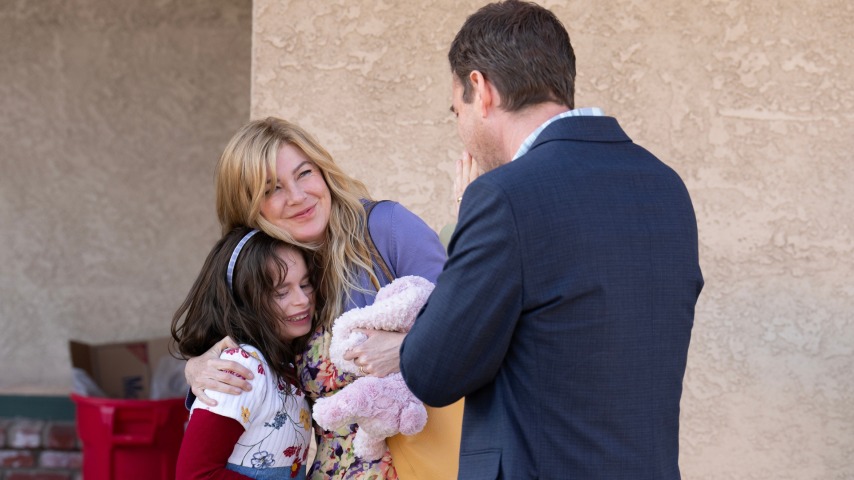Good American Family feels both provocative and utterly unnecessary
Hulu turns Natalia Grace’s story into a vexing limited series.
Photo: Ser Baffo/Disney
True-crime stories have been easy fodder for the small screen for quite a while, so it’s no surprise to see the infamous Natalia Grace adoption scandal get the limited-series treatment. Over the past few years, the case has been documented in breathless media coverage, a Dr. Phil special, several podcasts, and an explosive three-season ID docuseries. Is an eight-episode heightened drama—one “inspired by multiple perspectives and interpretations,” per the trailer—necessary? No. Good American Family nevertheless charts the course with mixed results. It’s undoubtedly captivating but fails to justify its existence beyond capitalizing on heartbreak and trauma.
The Hulu project arrives at a time when truths about Natalia’s life are still somehow emerging. (Revelations from as recently as January only get mentioned here in a hasty post-finale voiceover.) And Good American Family can’t help but feel sensational despite genuinely trying to dismantle biases, an attempt felled by its own timeline jumping. Creator Katie Robbins (Sunny) and the show’s writers are also in a tough spot as far as figuring out GAF‘s target audience. Unfamiliar viewers might eventually question whom they trust in this bizarre and distressing tale, while those in the know are bound to be frustrated, especially during the over-the-top first half.
Good American Family kicks off from the points of view of Kristine (Ellen Pompeo) and Michael Barnett (Mark Duplass). The married couple with three sons adopts the seven-year-old Ukrainian immigrant Natalia Grace (an impeccable Imogen Faith Reid), who suffers from a disability that’s later confirmed to be a rare type of dwarfism. Kristine is elated. She has made a career out of assisting children in need and gained popularity for helping one of her sons cope with an autism diagnosis. In Natalia, she sees the chance to aid a young person again. But Kristine’s hopes are crushed when she assumes that Natalia is faking her age to scam the Barnetts to pay for healthcare and surgeries. Even worse, she thinks the adoptee is a sociopath out to kill them all.
Kristine’s paranoia anchors Good American Family’s first four episodes to the extent that it’s easy to fall for her thinking. Natalia is often seen looking into the camera sporting a vicious grin, standing over Kristine with a knife in her hand, or enjoying the marital fights she’s causing between her adopted parents because she prefers spending time with Michael. The show practically begs viewers to believe Kristine’s instincts during this chunk of the show. She’s the early lens into the story: a protective mother fearing her family’s safety who is convinced a 22-year-old adult is masquerading as a child and wants to murder them. It’s straight out of the 2009 horror film Orphan, which is referenced both in this series and the real-life case.









![HBO teases new Euphoria, Larry David, and much more in 2026 sizzle reel [Updated]](https://img.pastemagazine.com/wp-content/avuploads/2025/12/12100344/MixCollage-12-Dec-2025-09-56-AM-9137.jpg)






























